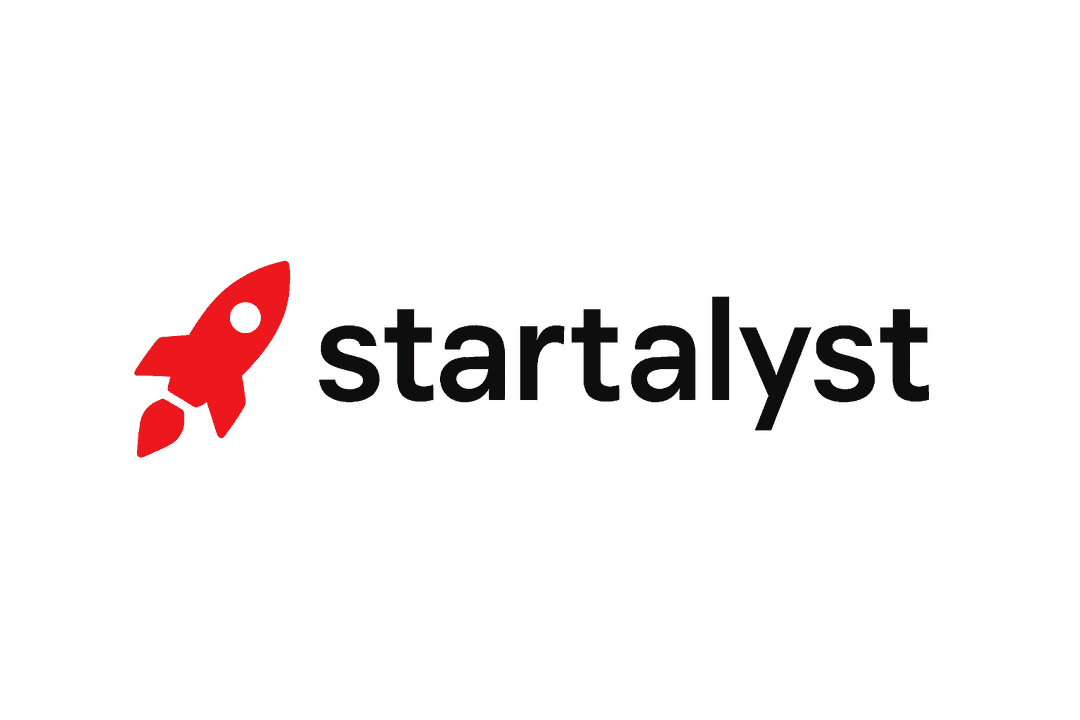Nurses In Business Ideas Starter Guide
How to Get the Best Results
Start by matching one clear nursing strength to a narrow business offer, then test that offer with one real customer within two weeks. Small, fast experiments save time and reveal which nurses in business ideas have traction before you invest heavily.
Use familiar channels—clinic colleagues, patient classes, practitioner Facebook groups, and local health fairs—to validate demand and collect feedback. Track simple metrics like signups, repeat customers, and time per sale to decide whether to iterate, double down, or pivot.
Step 1 — Who are you?
Identify the version of nurse you are today; that view will shape the most realistic business options. Below are common nursing backgrounds with a core professional skill and a one-sentence business advantage.
- ICU nurse — critical thinking — You can design advanced clinical training simulations for hospitals that need to upskill staff quickly.
- Outpatient nurse — chronic care coordination — You can package disease-management coaching programs for clinics and employers.
- Nurse educator — curriculum design — You can create short certification courses for CNAs and new nurses that clinics will buy.
- Case manager — care navigation — You can build a subscription service guiding complex patients through appointments and benefits.
- Pediatric nurse — family communication — You can run classes and digital guides that prepare parents for common pediatric care at home.
- Home health nurse — independent assessment — You can offer home visit packages to assess fall risk and recommend low-cost modifications.
- Research nurse — data literacy — You can consult on clinical trial workflows and organize data collection for small research teams.
- Operating room nurse — sterile technique expertise — You can deliver targeted workshops and checklists that reduce infections in ambulatory surgery centers.
Step 2 — Add interests & skills
Pick interests and practical skills you enjoy; combine one clinical strength with one business channel to form a testable offer.
- Patient education positions you to write clear take-home materials and online mini-courses for chronic conditions.
- Telehealth allows you to deliver remote triage or coaching sessions that scale beyond your local clinic.
- Quality improvement lets you consult with small clinics to streamline patient flow and reduce no-shows.
- Community outreach enables you to run paid workshops at schools, churches, or senior centers.
- Medical writing lets you produce blog posts, patient guides, and vendor manuals that clinics will license.
- Staff training gives you the foundation to sell short, targeted in-services to long-term care facilities.
- Chronic disease coaching permits you to launch a membership program for patients seeking ongoing support.
- Clinical audits allow you to offer a fixed-price review and actionable report for outpatient practices.
- Product development helps you prototype simple tools or kits for caregivers and test them at farmers markets or online.
- Health tech literacy equips you to consult with startups on user flows and clinical accuracy.
- Social media enables you to build an audience with short how-to videos and convert followers into paying students.
- Local networking lets you promote low-cost pilots through physician referrals and allied health partnerships.
Step 3 — Set available capital
Decide how much you can realistically spend on setup and the first three months of operations. Keep your first test small and measurable.
- ≤$200 You can validate an offer with printed flyers, a simple Zoom class, or a basic landing page and email signups.
- $200–$1000 You can produce a polished online course, modest ad tests, or a professional flyer run for community outreach.
- $1000+ You can invest in a small inventory of kits, a short professional website, or local paid ads to accelerate customer discovery.
Step 4 — Choose weekly hours
Be honest about the time you can commit; many successful nurses in business ideas start part time and expand after revenue rises.
- 5–10 hours You can run one weekly class or handle a handful of coaching calls while keeping your clinical job.
- 10–20 hours You can produce a multi-module course, test ads, and manage customer support in the evenings and weekends.
- 20+ hours You can scale outreach, hire a virtual assistant, and take on larger contracts from clinics and employers.
Interpreting your results
- Look for early signs that a specific service sells: paid bookings, repeat customers, referrals, or engaged email replies. Those are stronger signals than likes or views.
- If a test fails, strip it down: change one variable only, such as price, channel, or delivery format, and re-run the experiment for two weeks.
- Document how much time each customer takes from onboarding to completion, and calculate your hourly equivalent. Aim to reach or exceed your clinic salary before quitting clinical work.
- Remember compliance and liability: use clear scopes of service, simple consent forms, and professional errors and omissions coverage when offering clinical advice.
- Scale gradually by packaging what worked into repeatable formats—templates, workshops, or subscription programs—and pitch those to clinics, employers, or local groups.
Use the generator above to iterate through backgrounds, skills, capital, and hours until you have a short list of testable nurses in business ideas you can validate in the next 14 days.
